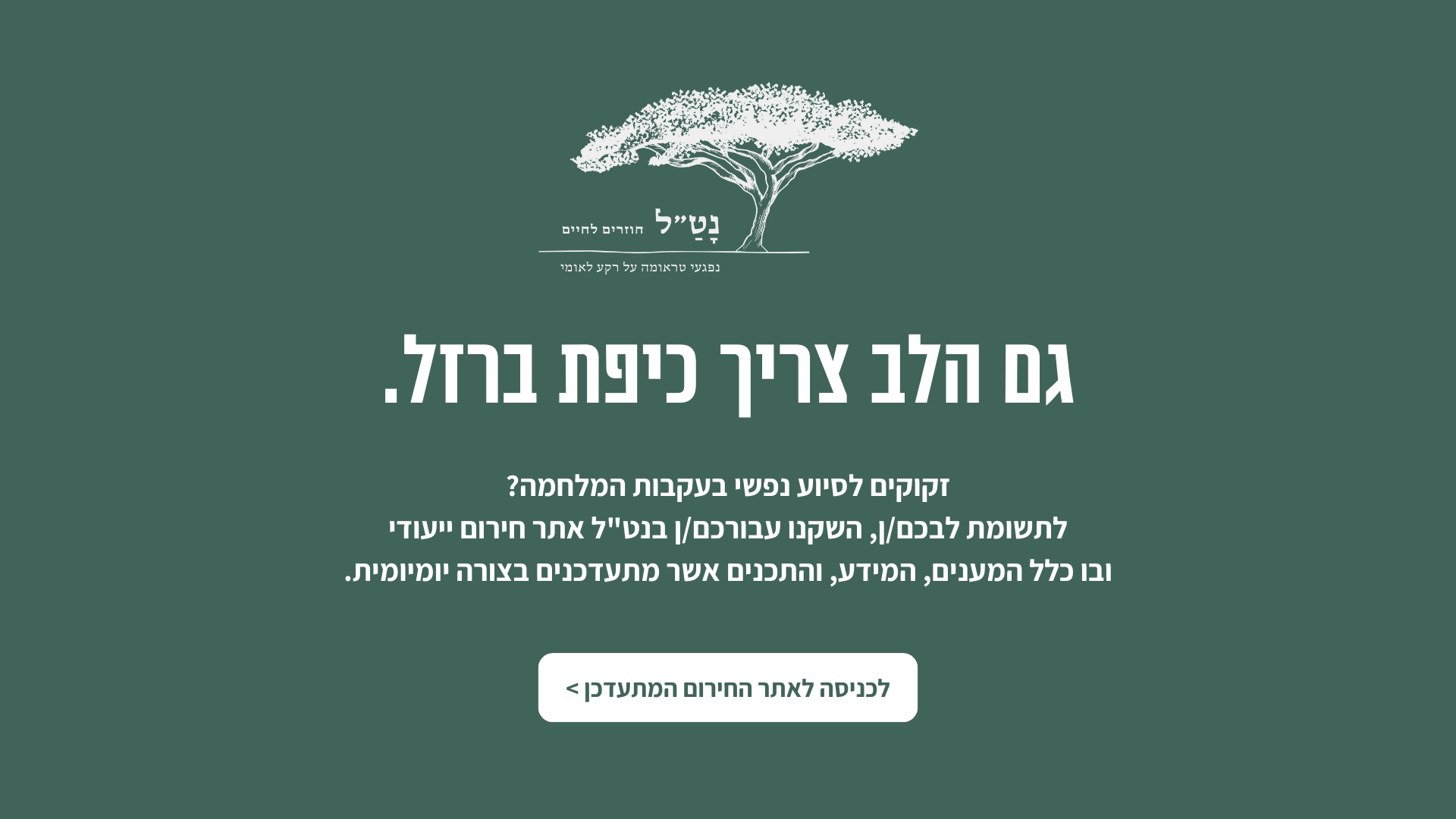In this interesting study, Jenny Edkins explores how we remember traumatic events such as wars, famines, genocides and terrorism, and questions the assumed role of commemorations as simply reinforcing state and nationhood. Taking examples from the World Wars, Vietnam, the Holocaust, Kosovo and September 11th, Edkins offers a thorough discussion of practices of memory such as memorials, museums, remembrance ceremonies, the diagnosis of post-traumatic stress and the act of bearing witness. She examines the implications of these commemorations in terms of language, political power, sovereignty and nationalism. She argues that some forms of remembering do not ignore the horror of what happened but rather use memory to promote change and to challenge the political systems that produced the violence of wars and genocides in the first place. This wide-ranging study embraces literature, history, politics and international relations, and makes a significant contribution to the study of memory.
- סוג הפריט
- נושא
- תגיות
- אלימות פוליטית
- דגימת חוויות
- הלם קרב
- הלם קרב וזוגיות
- הפחתת לחץ
- הפיגוע בשרונה
- התערבויות בבית ספר
- התערבות טלפונית
- התקף חרדה
- חוק שיקום פגועי נפש
- חשיפה
- טיפול בטראומה
- טיפול בפוסט טארומה
- טיפול בפוסט טראומה
- טיפול נפשי
- טראומה
- טרור
- ילדים
- לוחמים משוחררים
- לחץ פוסט-טראומטי(posttraumatic stress)
- מבצע צוק איתן
- מגדר
- מוסך הרכבת
- מחלת נפש
- מחלת נפש חמורה
- מין
- מלחמה
- נטיות מפלות
- נפגעי טראומה
- סטיגמה
- סטראוטיפים
- סימפטומים פרי-טראומטיים
- ספורט אתגרי
- ספורט לנפש
- עידו לזן
- פוסט טראומה
- פוסט טראומה ומיניות
- פיגוע טרור
- פצועים
- ריצה
- רצים עם רמי
- שיטות טיפול בטראומה
- תגובת קרב
- תחושת איום
- תמיכה וסיוע נפשי
הנצפים ביותר
- תסמונת פוסט טראומתית: מהי פוסט טראומה?
- הלם קרב
- טראומה בעקבות המלחמה
- “מי שיש לו ‘איזה למה’ שלמענו יחיה יוכל לשאת כמעט כל איך” (ניטשה)
- עזרה מקצועית לפוסט טראומה
- הלם קרב: פוסט טראומה מאירוע טראומתי במהלך השירות הצבאי
- סוגי טיפול בטראומה
- מניעת התפתחות של הפרעות מתח לאחר טראומה
- טראומה מורכבת
- כיצד הכל התחיל
Edkins, J,






